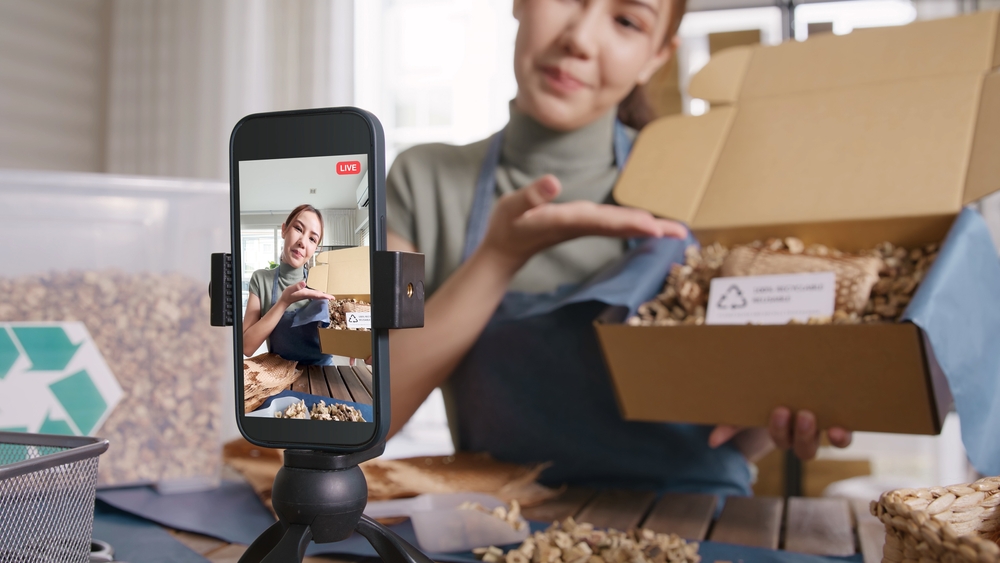Overview: The Federal Trade Commission has issued new guidance on influencer marketing. When influencer marketing is part of your advertising strategy, be sure that your disclosures are proper.
Influencer Marketing Strategy and Advertising Claim Substantiation
In 2023, over 34 billion dollars were spent on influencer marketing. Influencers, or opinion leaders, can have a power of persuasion that can influence a brand or product’s bottom line by endorsing a product or service via digital channels. Endorsements by celebrities and people with “influence” is not a new strategy, but as social media channels evolve and the pace of the transmission of information increases, the FTC has weighed in on how endorsements should be disclosed. And when influencers and brands do not properly disclose that an endorsement is paid, competitors, consumers, or regulators may bring claims against them.
In June, the FTC released Guides Concerning the Use of Endorsements and Testimonials in Advertising, which clarified FTC regulations around disclosures for influencers and brands. The guides include examples of influencer marketing campaigns to illustrate the FTC requirement for clear and conspicuous disclosures of material connection to a brand. In 2023, we discussed a case involving the Kardashians and disclosures; guidance also comes from the FTC in the form of warning letters.
Recent Guidance from the FTC
In November, the FTC issued warning letters to two trade institutes–the American Beverage Association and The Canadian Sugar Institute–and 12 health influencers. In those letters, the FTC expressed concern about a number of elements of the recipients’ marketing campaigns. It “strongly urged” revisions and included a Notice of Penalty Offenses Concerning Deceptive or Unfair Conduct Around Endorsements and Testimonials, which authorizes fines of up to $50,120 per violation, against both the influencer and the organization.
Here are some of the takeaways for those utilizing influencer marketing campaigns:
- Disclosures should not be limited to the text or hashtag on TikTok or Instagram, since users often do not click or read the text.
- Endorsements should be audible or written in large print over the main video.
- Influencers must use more than the “paid partnership” platform option for disclosing a brand partnership.
Many marketers and influencers should take note of the guidance provided by the letters of warning, or face costly consequences.
Consumer Surveys and Influencer Marketing Campaigns
When a false or deceptive advertising complaint arises from an influencer marketing campaign, advertisers may call in litigation survey experts. Consumer survey evidence may be accepted as a measure of what a “reasonable consumer” would believe the relationship between the influencer and the brand to be. MMR Strategy Group offers decades of experience in conducting consumer survey research for claim substantiation, marketing, and litigation purposes. Contact MMR Strategy Group if you are looking to substantiate claims or if you require consumer survey evidence for litigation or regulatory disputes.
